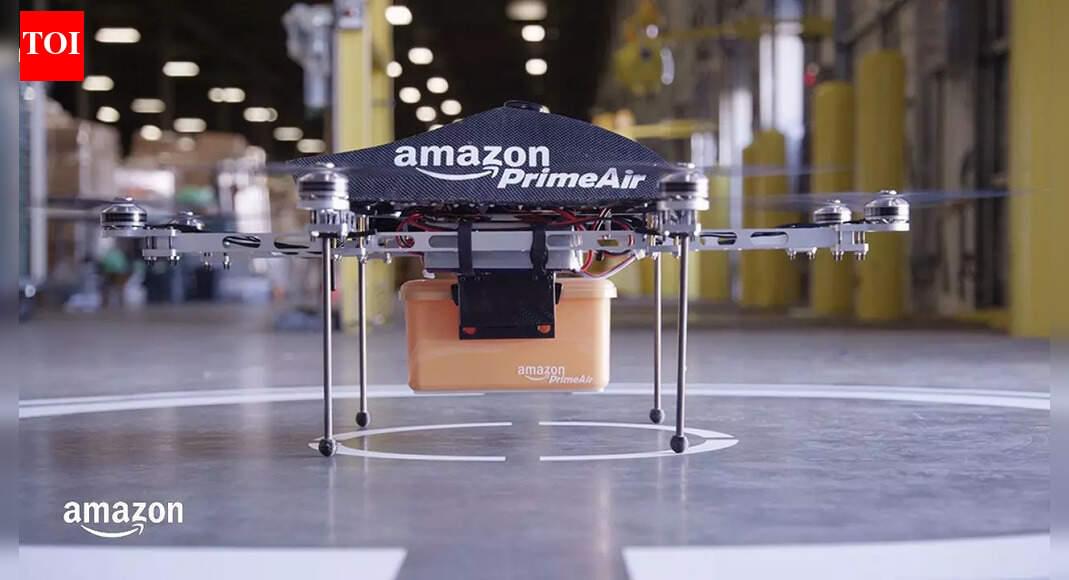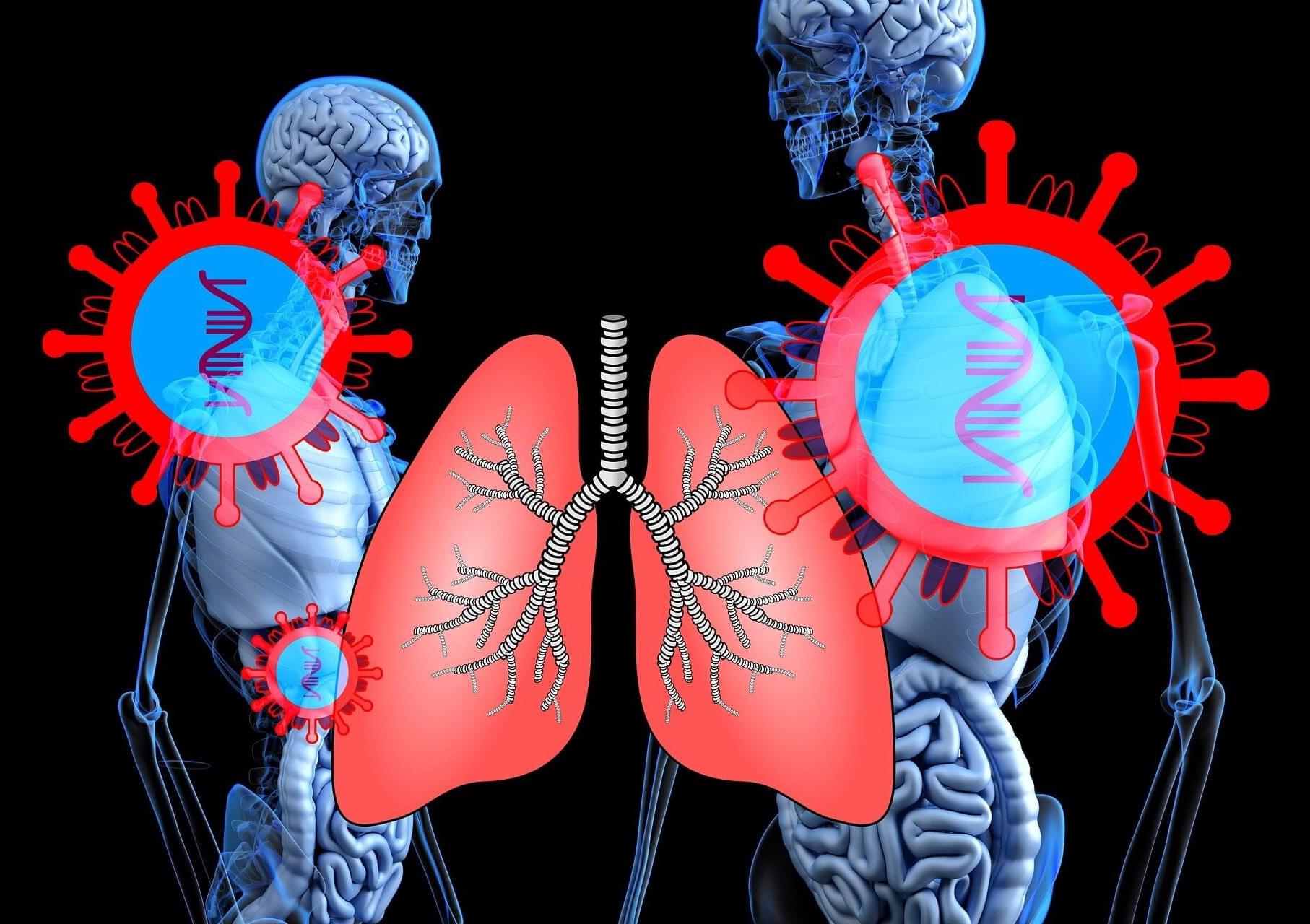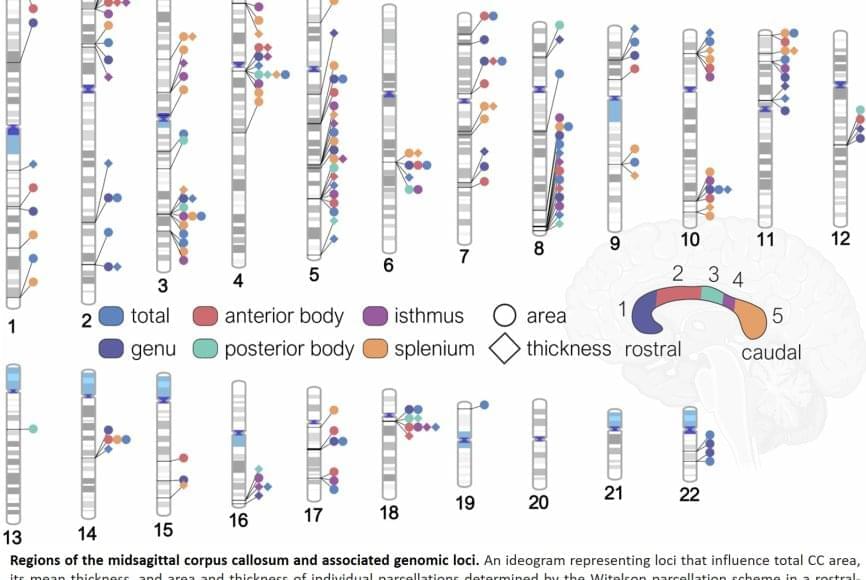The two companies are partnering to accelerate computing and AI engineering solutions.


Rune Kvist and Rajiv Dattani, co-founders of the AI Underwriting Company, reveal their innovative strategy for unlocking enterprise AI adoption. They detail how certifying and insuring AI agents, through rigorous technical standards, periodic audits, and insurance, builds crucial \.

Thousands of Amazon employees have signed an open letter issuing some dire warnings about the company’s move toward AI. The letter, signed by more than 1,000 workers (and counting) calls out Amazon for pushing its AI investments at the expense of the climate and its human workforce. The letter’s supporters come from a wide array of roles at the company, including many software engineers, and even employees focused on building AI systems. “We believe that the all-costs-justified, warp-speed approach to AI development will do staggering damage to democracy, to our jobs, and to the earth,” the letter’s authors wrote. It adds, “We’re the workers who develop, train, and use AI, so we have a responsibility to intervene.”
Over a thousand Amazon employees have penned an open letter, warning that the company’s rapid AI development is jeopardizing its climate commitments and human workforce. They argue the pursuit of AI dominance is leading to increased emissions, water scarcity, and job displacement, urging leadership to prioritize ethical AI and environmental responsibility.

A team of scientists have developed a simple method for automated manufacturing of lung organoids which could revolutionize the development of treatments for lung disease. These organoids, miniature structures containing the cells that real lungs do, could be used to test early-stage experimental drugs more effectively, without needing to use animal material.
In the future, patients could even have personalized organoids grown from their own tissue to try out potential treatments in advance.
“The best result for now—quite simply—is that it works,” said Professor Diana Klein of University of Duisburg-Essen, first author of the article in Frontiers in Bioengineering and Biotechnology.

Soft robots are prized for their agility and gentle touch, which makes them ideal for traversing delicate or enclosed spaces to perform various tasks, from cultivating baby corals in laboratories to inspecting industrial pipes in chemical plants. However, achieving embodied intelligence in such systems, where sensing, movement and power supply work together in an untethered configuration, remains a challenge.
Flexible materials can deform and adapt, but their power sources are unable to do so. Conventional batteries often stiffen the robot’s body, drain quickly, or degrade under strain, all of which leave soft robots tethered or with a short lifespan.
Assistant Professor Wu Changsheng and his team from the Department of Materials Science and Engineering and the Department of Electrical and Computer Engineering, College of Design and Engineering, National University of Singapore, found a way to turn that limitation into an advantage. Their study, published in Science Advances, demonstrates that the same magnetic fields used to control soft robots can also enhance the performance of the batteries inside them.
The human body depends on accurate genetic instructions to keep its cells working properly. Cancer begins to form when these instructions become disrupted. As genetic mistakes build up over time, cells can lose their normal limits on growth and start multiplying in an uncontrolled way. Chromosomal abnormalities – numerical and structural defects in chromosomes – are often one of the earliest changes that push healthy cells toward becoming cancerous.
Researchers in the Korbel Group at EMBL Heidelberg have created a new AI-based tool that gives scientists a way to closely examine how these chromosomal abnormalities develop. The insights gained from this approach may eventually clarify some of the earliest steps that lead to cancer.
“Chromosomal abnormalities are a main driver for particularly aggressive cancers, and they’re highly linked to patient death, metastasis, recurrence, chemotherapy resistance, and fast tumor onset,” said Jan Korbel, senior scientist at EMBL and senior author of the new paper, published in the journal Nature. “We wanted to understand what determines the likelihood that cells undergo such chromosomal alterations, and what’s the rate at which such abnormalities arise when a still normal cell divides.”

The corpus callosum is critical for nearly everything the brain does, from coordinating the movement of our limbs in sync to integrating sights and sounds, to higher-order thinking and decision-making. Abnormalities in its shape and size have long been linked to disorders such as ADHD, bipolar disorder, and Parkinson’s disease. Until now, the genetic underpinnings of this vital structure remained largely unknown.
In the new study, published in Nature Communications, the team analyzed brain scans and genetic data from over 50,000 people, ranging from childhood to late adulthood, with the help of a new tool the team created that leverages artificial intelligence.
“We developed an AI tool that finds the corpus callosum in different types of brain MRI scans and automatically takes its measurements,” said co-first author of the study. Using this tool, the researchers identified dozens of genetic regions that influence the size and thickness of the corpus callosum and its subregions.
The study revealed that different sets of genes govern the area versus the thickness of the corpus callosum—two features that change across the lifespan and play distinct roles in brain function. Several of the implicated genes are active during prenatal brain development, particularly in processes like cell growth, programmed cell death, and the wiring of nerve fibers across hemispheres.
Notably, the study found genetic overlap between the corpus callosum and the cerebral cortex—the outer layer of the brain responsible for memory, attention, and language—as well as with conditions such as ADHD and bipolar disorder.
For the first time, a research team has mapped the genetic architecture of a crucial part of the human brain known as the corpus callosum—the thick band of nerve fibers that connects the brain’s left and right hemispheres. The findings open new pathways for discoveries about mental illness, neurological disorders and other diseases related to defects in this part of the brain.
Elon Musk plans to launch solar-powered AI satellites that could provide a nearly limitless source of energy to supercharge AI processing capacity, potentially disrupting traditional energy production and benefiting companies like Nvidia and Tesla ## ## Questions to inspire discussion.
Space Solar Power Economics.
🚀 Q: What’s the projected cost trajectory for space-based solar power? A: SpaceX could achieve $10 per watt for space solar by 2030–2032, down from previously estimated $100 per watt, with ultimate target of $1 per watt for operational systems, requiring 3–4 orders of magnitude cost reduction through Wright’s Law.
💰 Q: How much would launching 1 terawatt of space solar cost? A: Launching 1 terawatt of space solar power requires $1 trillion in launch costs alone, not including manufacturing and operational expenses.
⚡ Q: What energy advantage does space solar have over ground-based systems? A: Space solar plants generate 10x more energy than ground-based sources by operating 24/7 with double intensity, each equivalent to a nuclear power plant in output.
SpaceX Launch Capacity and Timeline.
When I look back at how computing started, I remember a time when I could see the entire problem in my head and simply tell the machine exactly what to do. That world no longer exists. We allowed our systems to make their own decisions, and with that, we crossed into a new era of autonomy.
In this talk, I explain how AI moved beyond imitation and began outperforming us in ways we once believed were uniquely human. I walk through the early intelligence tests, the exponential doubling of capabilities, and the moment we touched the threshold of AGI. Most importantly, I explore what this means for us as a species.
I am neither optimistic nor pessimistic. I am realistic. The coming years will be challenging before they become extraordinary.
And the outcome will depend far more on humanity than on the machines we’ve created.
In this video I talk about:
• how we shifted from rule-based programming to autonomous decision-making.
• the first AI IQ and capability tests and what they revealed.
• why AI abilities doubled roughly every 5.7 months.
• the early evidence of AGI and what it truly represents.
• the meaning of the singularity and why we’re already feeling its effects.
• the two eras ahead: augmented intelligence and machine supremacy.
• why humanity’s biggest risk is not AI’s intelligence, but our own stupidity.
• how we can guide this transition wisely instead of fearfully.
Genetic engineering and human enhancement are no longer science fiction — they’re here right now. In this episode of Longevity Science News, we explore the rise of gene therapy, anti-aging biotechnology, and the first wave of GMO Humans using real genetic enhancements to increase muscle, extend telomeres, boost IQ, and slow biological aging.
If you’re interested in longevity, life extension, biohacking, genetic modification, or cutting-edge anti-aging research, this video breaks down everything you need to know about the future of human evolution — and the people already jumping in.
HUME BODY ANALYZER:
Use Code: LONGEVITY for up to 50% OFF
https://humehealth.com//discount/LONG… FEATURED: BioViva Keynote by Liz Parrish Watch the full keynote here: • The First Person to Take Gene Therapy for… This talk covers viral vectors, telomere extension, muscle-growth gene therapies, cognitive enhancement, dementia treatment, and the global expansion of experimental genetic clinics. Chapters: 00:00 – Cold Open — FDA Gene Cures 00:35 – Liz Parrish & BioViva 01:35 – Sebastian A. Brunemeier 02:48 – HUME Body Pod 03:55 – Currently Available Genetic Cures 04:48 – How To Get Access 08:00 – Safety & Pricing 08:22 – Right to Try Debate 09:20 – Follistatin Results 10:50 – Telomere Extension 11:50 – Klotho & IQ Boost 13:26 – IQ & Society 14:35 – Dementia Gene Therapy 15:40 – Custom Therapies 16:20 – Conclusion • FDA-approved genetic cures • BioViva’s gene enhancement results • Follistatin gene therapy for muscle growth • Telomerase (TERT) for biological age reversal • Klotho gene therapy for cognitive enhancement • Dementia gene therapy case studies • Medical tourism for experimental gene treatments • How to access unapproved gene therapies • AI’s role in designing next-gen genetic interventions • Personalized & bespoke gene therapies • Ethical questions about enhancing IQ, strength, and lifespan • The future of human evolution & GMO humans 👤 EXPERTS & SOURCES FEATURED Liz Parrish — BioViva Sciences LinkedIn:
/ lizlparrish Sebastian Brunemeier — Cambrian Bio / Long Game Ventures LinkedIn:
/ sebastianlongbio Long Game Ventures:
/ longgame-vc Wired Magazine — Medical Tourism & Gene Therapy Pricing https://www.wired.com/story/bioviva-g… Extended Interview: Montana Senator Ken Bogner
• Ken Bogner Full Interview 🔗 FULL INTERVIEWS & BONUS CONTENT Get extended conversations, deep dives, and behind-the-scenes research on Patreon: 👉
/ u29506604 💬 JOIN THE DISCUSSION Would you use gene therapy to slow aging? Would you enhance your muscle, intelligence, or longevity? Do you think we should expand access to experimental anti-aging treatments? Let me know in the comments. 🧪 Longevity Science News PRODUCTION CREDITS ⎺⎺⎺⎺⎺⎺⎺⎺⎺⎺⎺⎺⎺⎺⎺⎺⎺⎺⎺⎺ Executive Producer – Keith Comito @Retromancers Host, Producer, Writer – @emmettshort
🔬 FEATURED: BioViva Keynote by Liz Parrish.
Watch the full keynote here:
• The First Person to Take Gene Therapy for…
This talk covers viral vectors, telomere extension, muscle-growth gene therapies, cognitive enhancement, dementia treatment, and the global expansion of experimental genetic clinics.
Chapters: